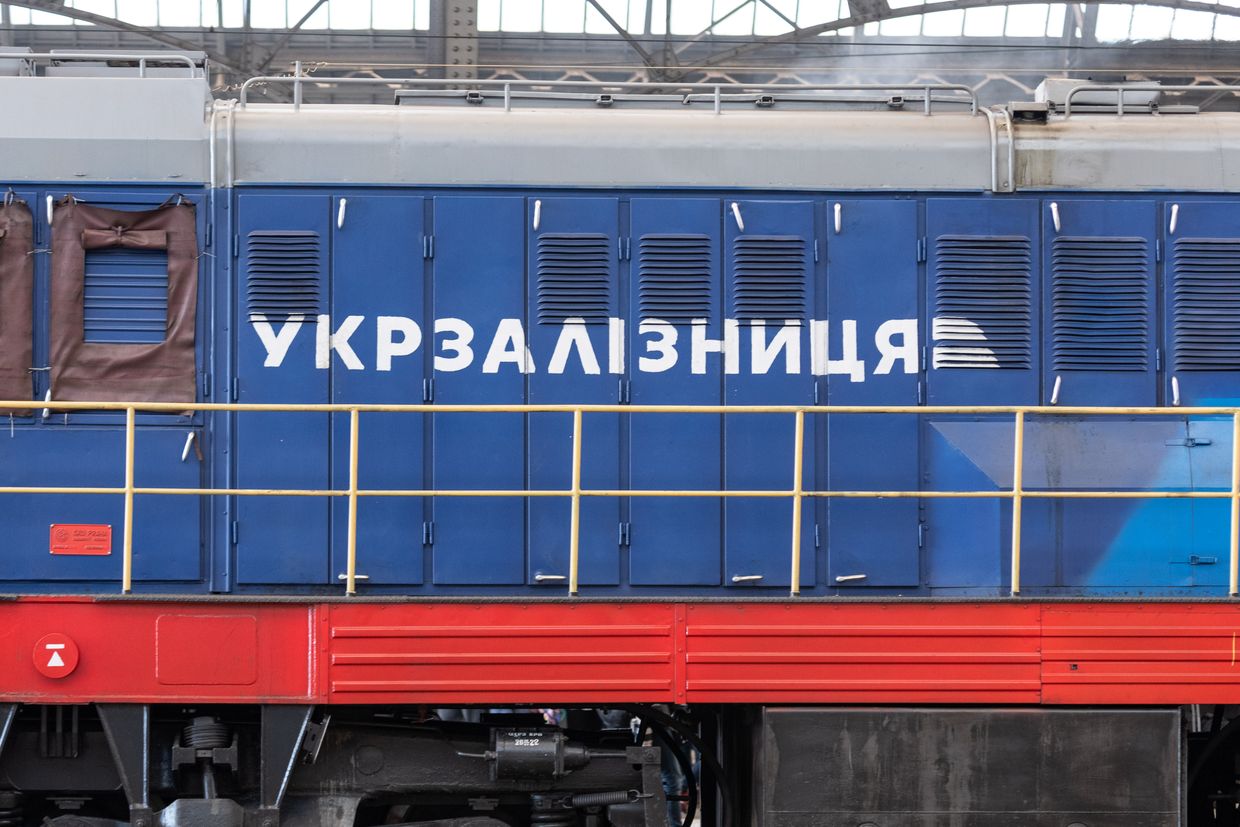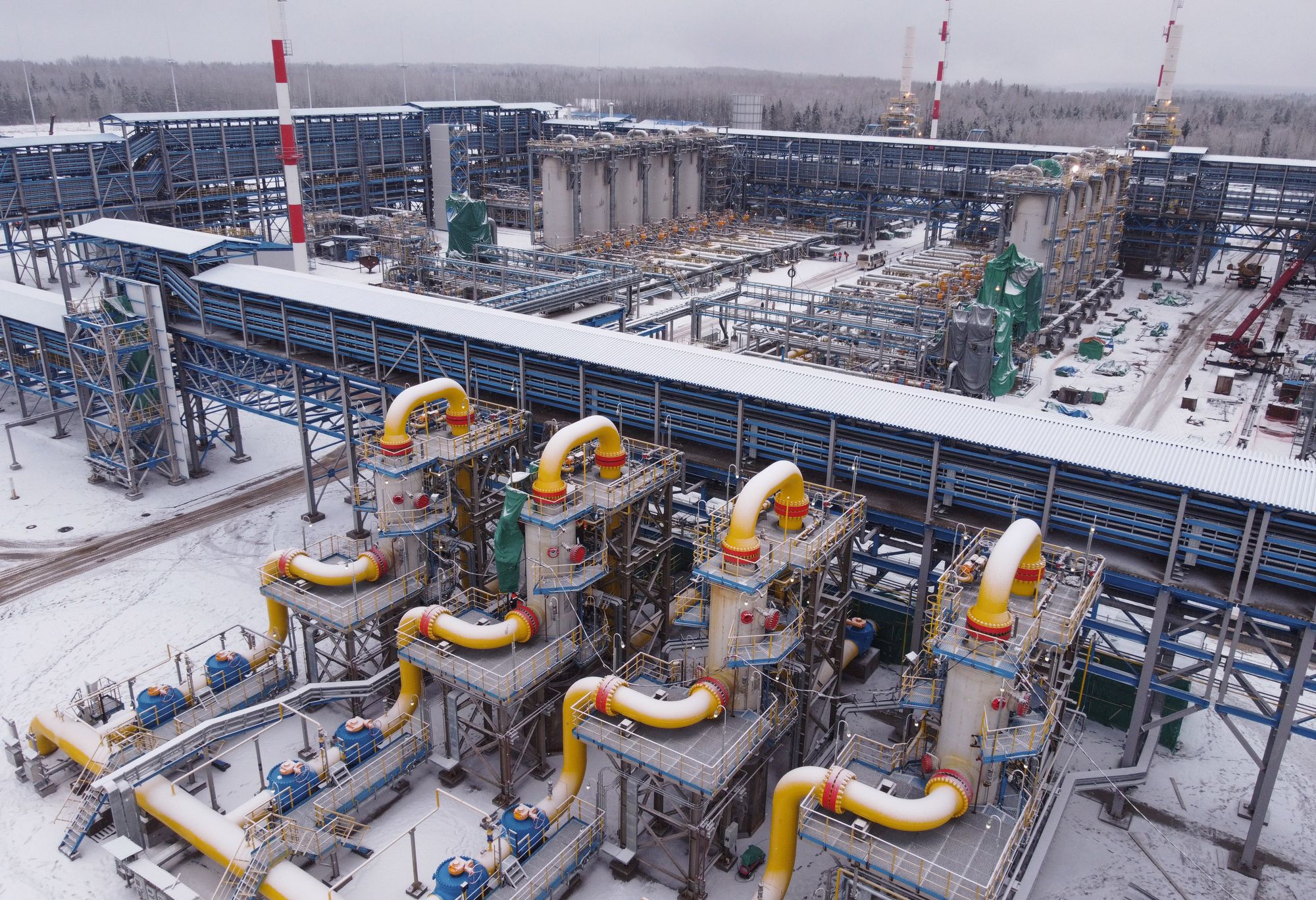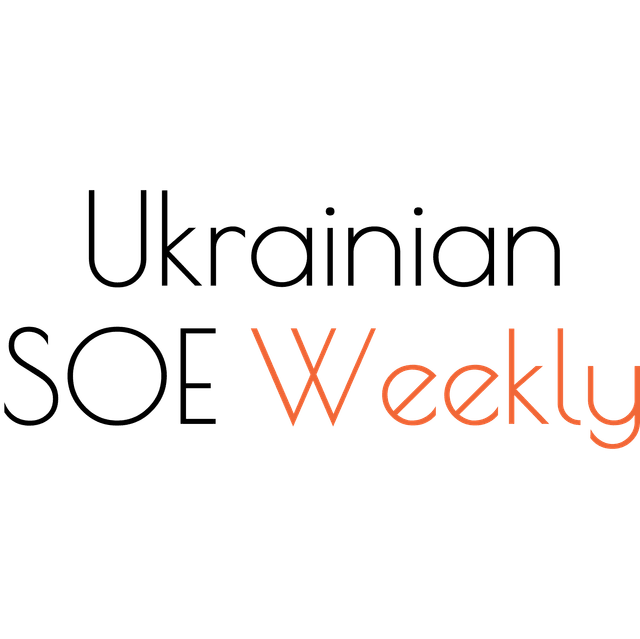Ukraine state-owned enterprises weekly — Issue 139

Editor’s Note: This is issue 139 of Ukrainian State-Owned Enterprises Weekly, covering events from July 1-6, 2024. The Kyiv Independent is reposting it with permission.
Energy sector
Russia strikes at Ukrgasvydobuvannya’s facility in Poltava oblast, the company’s press office reported on July 4.
Ukrgasvydobuvannya’s acting CEO Serhiy Lahno confirmed the death of one employee and multiple other injuries.
From March 22 to June 19, Ukraine faced eight massive missile and drone strikes on energy facilities. See our Issues 124, 125, 127, 129, 131, 134, 136, and 137 for more detail.
See our Issues 125, 127, and 129 on previous attacks on underground gas storage facilities.
After every Russian mass missile attack on Ukraine’s vital infrastructure, emergency outages take place, lasting for days due to the ongoing repair works. During such outages, people in Ukraine are often left without electricity, heating, water supply, or access to mobile phone networks.
Ukrnafta aims to build more than 1,000 MW of gas-fired power generation for $1 billion, the company’s CEO Sergii Koretskyi told Forbes Ukraine.
The company plans to build the power plants within three years. Russian attacks on Ukrainian power plants and the acute shortage of electricity accelerated the implementation of the plans that the company had been making since 2023, Koretskyi explained.
In the first stage of the project, Ukrnafta plans to build gas piston units with a capacity of at least 100 megawatts (MW).
The company is using its own funds and has open credit lines with state-owned Ukrgasbank, Sense Bank, and Oschadbank, Koretskyi added.
According to Ukrnafta’s CEO, the payback period for cogeneration units is up to four years, and for electricity generation alone, just over five years. The projected operational period is 20 years.
“At this stage, we do not plan to spin off this business into a separate company. When we would launch a certain amount of generation, attract Western banks, and establish relations with producers, we would be able to talk about it,” he said.
Infrastructure
Ukrzaliznytsia to invest 215 million euros in gas-fired power plants with a total capacity of up to 250 MW, the company’s press office told Forbes Ukraine. This estimate does not include the cost of construction.
The payback period is about five years. Ukrzaliznytsia is looking for money for the project through grants and international financial assistance. The first 10 MW should be commissioned by the beginning of the winter.
According to Ukrzaliznytsia’s CEO Yevhen Liashchenko, stations would be connected to the Ukrzaliznytsia’s networks, which supply railway transport, social facilities, and critical infrastructure.
As we wrote in Issue 135, Ukrzaliznytsia reduced electricity consumption by revising the schedule of suburban electric trains.
As we reported in Issue 138, on June 28, Ukrzaliznytsia announced the establishment of a separate legal entity, UZ Energo LLC, as the company plans to build distributed power generation in the near future.
Ukrzaliznytsia’s CEO interviewed. Ukrzaliznytsia’s CEO Yevhen Liashchenko was interviewed this week by Forbes Ukraine. We selected the key points:
On freight tariffs:
- “The last time Ukrzaliznytsia indexed freight tariffs was in July 2022 by 70%. For this year, we are not planning to increase freight tariffs, but to harmonisz them. This involves a complete change in the model of their calculation. Today, it consists of three different classes of cargo, a group of out-of-class cargo, and 15 coefficients. For example, there should be a single tariff for empty wagon return, and not as it is now – several tariffs apply.”
- “We also propose that transportation classes should depend on the transportation technology, not on the specifics of the product or business that orders our wagons.”
- “This is a decision at the level of the Infrastructure Ministry rather than the Cabinet. We have submitted a proposal and are waiting for the next steps.”
- “How much money would Ukrzaliznytsia receive from tariff harmonization? Depending on when the decision is made, about Hr 3-4 billion ($73-98 million) by the end of the year. For businesses, the total costs may increase by about 7%.”
On the Polish subsidiary:
- “At year-end, Ukrainian Railways Cargo Poland made a profit, but this is not the main achievement. The company got an opportunity to fully enter the European railway transport market and would be able to provide comprehensive cross-border transport services from the new year. New international routes are currently being developed and agreed upon.”
- “The main task for this year is to increase the network to 18 container routes and become a one-stop shop for our customers without the need to conclude a number of contracts with different carriers.”
- “Ukrainian Railways Cargo Poland plans to operate both 1,435 mm and 1,520 mm gauge rolling stock in the future, which would allow it to operate at all border crossings with Poland.”
Ukrzaliznytsia established Ukrainian Railways Cargo Poland in June 2023 (see our Issue 97) and appointed Mykhailo Plastun as its CEO in August 2023 (see Issue 100).
As we wrote in Issue 138, on June 27, Ukrzaliznytsia reported that its Polish subsidiary, Ukrainian Railways Cargo Poland, obtained a railway carrier license. It can now enter the European market.
Ukrposhta loses Hr 190 million ($4.6 million) in January-March 2024 (unaudited). On July 3, the company reported its interim results for Q1 2024, reducing its net loss 2.1 times, or by Hr 213.5 million, to Hr 190.3 million ($4.6 million).
Net income from sales of products (goods and services) in Q1 was Hr 3.05 billion ($74 million). This is Hr 340.2 million ($8.3 million), or 10.0%, less than the company had planned for Q1 2024. However, this is still an improvement from last year, being Hr 280.4 million (6.8 million), or 10.1%, higher than Ukrposhta’s net income in Q1 2023.
The company was unable to provide full services in areas with active combat or under Russian occupation. However, Ukrposhta has partly made up for this with increased sales of its core services.
As we reported in Issue 85, Ukrposhta ended 2022 with a loss of Hr 1.258 billion. That year, the company had a net revenue of Hr 10.3 billion from sales of goods and services, 7.7% down from 2021.
As we wrote in Issue 130, Ukrposhta lost Hr 800 million in 2023 (audited).
Banks
New law may introduce financial inclusion operators in Ukraine, Ukrposhta seems a likely candidate. The National Bank of Ukraine (NBU) is working on introducing the concept of a limited banking license into national banking law. The legislation is being developed, NBU Chairman Andriy Pyshnyi said in a comment to Forbes Ukraine.
Financial inclusion is viewed as a public policy goal addressing market failures where no financial service provider has a commercial interest in serving certain customer groups or regions.
According to the interview, the new legislation is not designed to benefit any specific company; both private and state-owned entities such as retailers or postal service operators can obtain a limited banking license to become financial inclusion operators. This suggests that achieving this public policy goal will be conducted on a competitive basis.
Ukrposhta is likely to be one of these financial inclusion operators.
Note that in their 2017 paper, “What should the state do with its banks?”, SOE Weekly team members Andriy Boystun and Dmytro Yablonovskyi suggested that Ukrposhta’s role should include ensuring financial inclusion due to the company’s excellent geographical outreach across Ukraine.
If Ukrposhta gets a new license as a financial inclusion provider, this should be reflected in its state ownership policy. As we said in Issue 138, according to the updated IMF Memorandum, published on June 28, Ukraine must formulate a state ownership policy, dividend policy, and privatization strategy for SOEs by the end of October 2024.
Ukrainian SOE Weekly is an independent weekly digest based on a compilation of the most important news related to state-owned enterprises (SOEs) and state-owned banks in Ukraine.
The contents of this publication are the sole responsibility of the editorial team of the Ukrainian SOE Weekly.
The SOE Weekly is produced and financed by Andriy Boytsun. Communications support is provided and financed by CFC Big Ideas. The SOE Weekly is not financed or influenced by any external party.
Editorial team: Andriy Boytsun, Oleksiy Pavlysh, Dmytro Yablonovskyi, and Oleksandr Lysenko.















